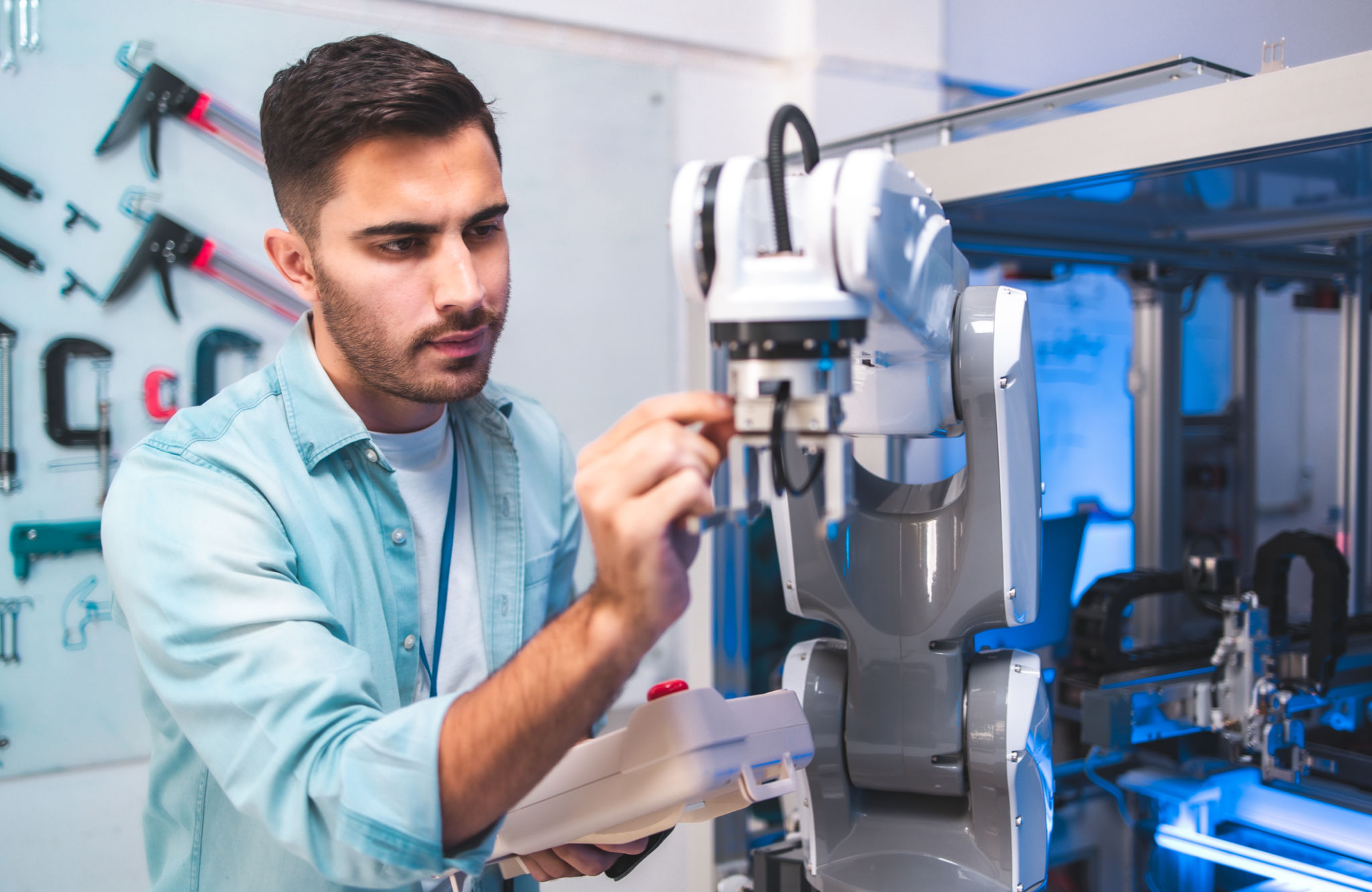Expert Tips: Maintaining Your Medical Equipment in Philadelphia’s Climate
Understanding Philadelphia’s Climate Impact on Medical Equipment
Philadelphia experiences a range of weather conditions, from hot and humid summers to cold and occasionally snowy winters. These fluctuations can significantly affect the performance and longevity of medical equipment. Understanding how these climate variations impact your devices is crucial in implementing effective maintenance strategies. Regular assessments and climate-specific adjustments can help mitigate potential issues before they arise.
Humidity, in particular, can lead to condensation within sensitive equipment, potentially causing corrosion or electrical shorts. Similarly, extreme cold can affect battery life and LCD displays. Being proactive in your maintenance routine is essential to minimize downtime and ensure patient safety.

Regular Maintenance Practices
A consistent maintenance schedule is vital for ensuring that your medical equipment remains in optimal condition, regardless of the weather. Here are some key practices to follow:
- Routine Inspections: Conduct regular visual and functional inspections to identify any signs of wear, damage, or malfunction.
- Cleaning and Disinfecting: Use appropriate cleaning agents to prevent contamination without damaging sensitive components.
- Calibration: Ensure all devices are accurately calibrated to maintain precision in diagnostics and treatment.
Incorporating these steps into your maintenance routine can significantly enhance the reliability and lifespan of your equipment.
Temperature and Humidity Control
Maintaining a stable environment is critical for protecting your medical equipment from Philadelphia’s variable climate. Investing in proper climate control systems can help regulate temperature and humidity levels within your facility. This is especially important for equipment housed in areas susceptible to environmental changes, such as storage rooms or transport vehicles.

Consider using dehumidifiers in areas prone to high humidity and ensure that HVAC systems are adequately maintained to provide consistent climate control. Installing temperature and humidity monitors can provide real-time data to detect any deviations from optimal conditions swiftly.
Training Staff on Equipment Handling
The role of staff in maintaining medical equipment cannot be overstated. Providing comprehensive training ensures that all personnel understand the impact of Philadelphia’s climate on equipment and know how to handle devices properly. Training sessions should cover topics such as correct storage procedures, cleaning protocols, and emergency response actions in case of equipment failure.
Encourage staff to report any irregularities or issues with equipment promptly. A culture of vigilance and responsibility can greatly reduce the risk of unexpected failures.

Working with Professional Maintenance Services
While in-house maintenance is essential, partnering with professional service providers can offer an additional layer of protection for your medical equipment. These experts are equipped with specialized tools and knowledge to perform more detailed inspections and repairs.
Ensure that any third-party service provider is certified and experienced in handling the specific types of medical equipment you use. This collaboration can help you stay ahead of potential issues and allow you to focus on delivering excellent patient care.
Conclusion
Maintaining medical equipment in Philadelphia’s diverse climate requires a combination of diligent maintenance routines, proper climate control, staff training, and professional support. By implementing these expert tips, you can ensure that your medical devices remain reliable and efficient, ultimately contributing to better patient outcomes. Remember, proactive maintenance is not just a best practice; it's a necessity to safeguard both your equipment investment and patient safety.